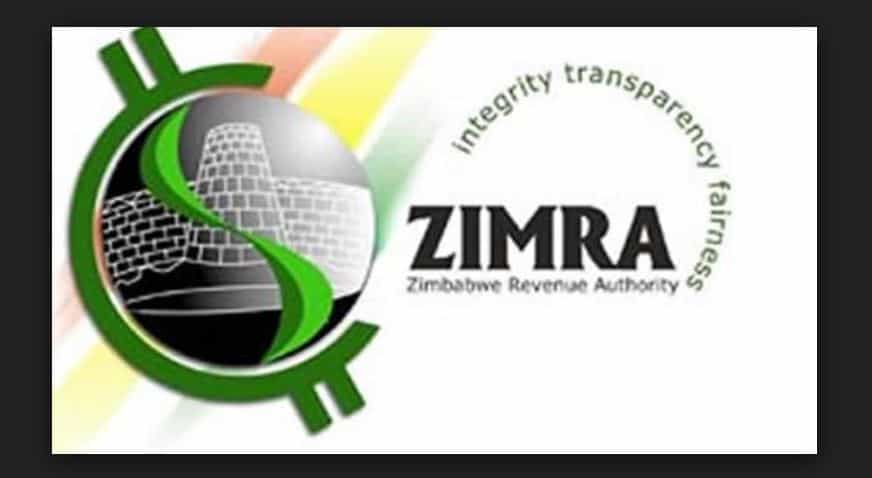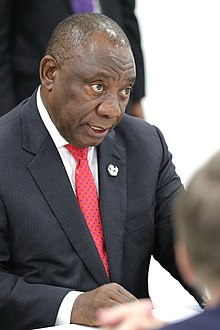ZwNews Chief Correspondent
The Zimbabwe Revenue Authority (ZIMRA) has released the maximum quantities of products that can be imported on rebate for personal use.
In a memorandum, just released, signed on 6 November 2018, and addressed to the Authority’s regional station managers, ZIMRA said the stipulated limits should be observed.
According to the memorandum, imports for personal use have been pegged as follows; footwear, jackets, skirts, shirts, shorts; only 4 of each is allowed, despite the sizes.
Some of the products on the list include washing powder 4kgs, macaroni 5kgs, rice 25kgs, toothpaste 6 tubes, toilet paper 1 pack of 50s, television set 1, radio receiver 1, salt 5kgs, among others.
ZIMRA says any quantity on any one of the product lines that is above the stipulated, will render the whole consignment of that line being considered as for commercial purposes.
Adding that it is an offence for any importer to import goods within the set limits under rebate, for commercial purposes.
ZIMRA says; “If traveller imports 7 shirts against the 4 allowed under rebate, the whole consignment shall be deemed commercial and full duty will be charged, on the 7 shirts without allowing rebate on the 4.”
Other lines on the list, though not exhaustive include; sweets 2 packs, shoe polish 6 tins, fertilizer 10 bags, cement 10 bags, wheelbarrow and parts 1, synthetic hair products 4, ice-creams 5 litres/kgs, among others.
This comes high on the heels of a recent import ban lift by the government, in response to the perceived scarcity of basic commodities, looming after the recent panic buying emptied shop shelves in the recent weeks.
The country recently lifted the ban on the importation of basic goods and services, which was put in place in an effort to shield local manufacturers from competition brought about by cheap imports.
In justifying the lift, Information and Publicity minister, Monica Mutsvangwa told the nation in a statement that cabinet was pushed by the fact that basic commodities continued to be in short supply, hence the need to lift the ban, which was imposed in 2016.














